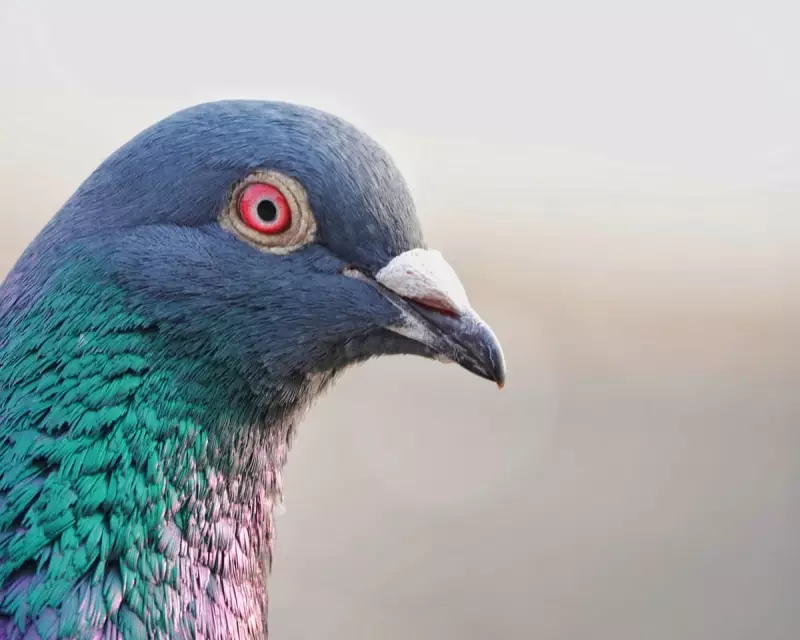
Once revered as symbols of peace and messengers of war, pigeons have shared an intricate relationship with humans for centuries. Yet, in modern cities, they are often dismissed as mere 'rats with wings'. But these birds haven't forgotten how we once cherished them – and their story is more fascinating than you might think.
From Royal Messengers to Urban Outcasts
Pigeons were once the backbone of global communication, delivering vital messages across empires. Their remarkable homing instincts made them invaluable during wars, with many receiving medals for their service. Queen Victoria kept a prized flock, while Charles Darwin studied them obsessively to develop his theory of evolution.
The Great Pigeon Fall from Grace
As technology advanced, our dependence on pigeons waned. The invention of the telegraph in the 19th century marked the beginning of their decline from respected partners to urban pests. Today, many cities wage war against them, implementing spikes, nets and even birth control to keep populations down.
Why Pigeons Still Trust Us
Remarkably, despite centuries of changing attitudes, pigeons continue to approach humans with an innate trust. Scientific studies show they can recognize individual human faces and remember kindness. Their persistent presence in our cities might be less about survival instinct and more about an ancient bond we've forgotten.
Rethinking Our Feathered Neighbours
As we become more disconnected from nature, perhaps it's time to reconsider our relationship with these resilient birds. They're living reminders of our shared history – if only we'd take a moment to look beyond the pavement and remember.





